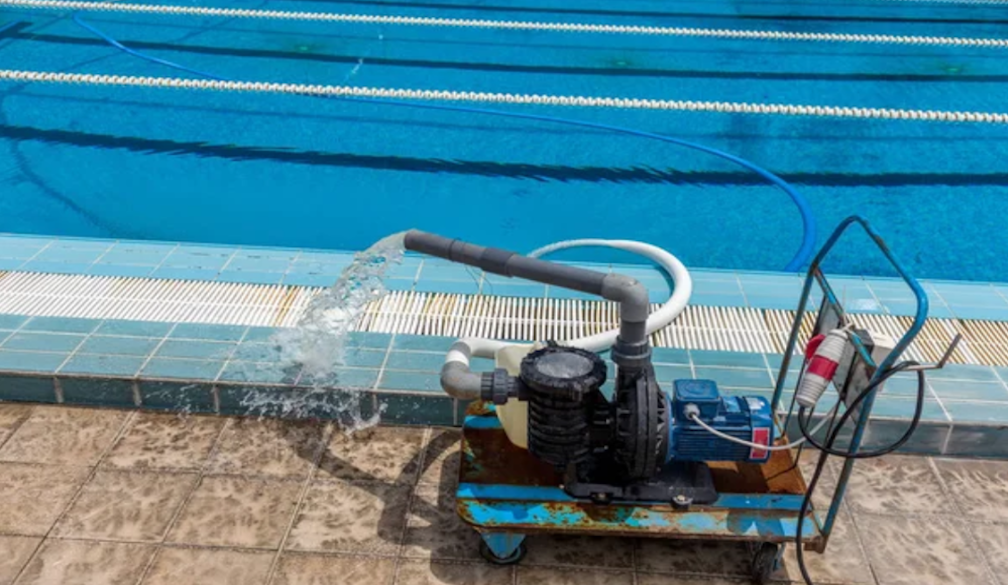Conscience vote on euthanasia bill exposes democratic weakness of New Zealand's voting system
- Written by Dominic O'Sullivan, Associate Professor of Political Science, Charles Sturt University

The New Zealand parliament has voted 76 to 44 to refer a euthanasia bill to a select committee for public submissions. The Labour and National parties are allowing their MPs a conscience vote on the bill.
However, New Zealand’s mixed-member proportional (MMP) electoral systems gives 49 of 120 seats to people elected from party lists. Voters have no means of voting for or against any of these people as individuals. They have no means of registering support or opposition at the ballot box for the position a list MP takes.
Euthanasia is not a left/right issue
The euthanasia bill made it through parliament’s first reading in December. A similar bill failed in 1995 by 61 votes to 29, and again in 2003 by 60 votes to 58.
Read more: In places where it's legal, how many people are ending their lives using euthanasia?
This time, New Zealand First, Labour’s coalition partner in government, voted as a bloc in favour of the bill after it was amended to allow for a public referendum to confirm any change to the law. New Zealand First’s policy is for matters of conscience to be settled by referendum.
The bill allows adults with a terminal illness or an irremediable medical condition the option of requesting medical assistance to end their lives. Euthanasia is not a left/right political issue. The major parties do not have the philosophical traditions, nor shared view of the good life, from which to bind their MPs to either side of the argument.
Pragmatically, parties accept that imposing a collective position on legislation where personal convictions are so deeply held carries political risk. A party line may be difficult to establish, and a party may simply polarise a public debate on an issue where personal passions run high.
Conscience votes and democratic accountability
Many MPs voted for the bill at the first reading just so that public submissions would be heard. Some may be guided by those submissions. Many will be guided by deeply held religious convictions on the nature and value of human life. Others will reflect on family experiences.
The 71 electorate MPs may consult their electorates. Some may survey their constituents, even surrendering conscience to the survey, just as on other issues conscience may be surrendered to the party whip. The convictions of others may be so strong that they are willing to get on the wrong side of popular opinion and accept whatever electoral consequences.
The supremacy of human conscience justifies the free vote, as does Burke’s foundational argument in democratic theory:
Your representative owes you, not his industry only, but his judgement; and he betrays, instead of serving you, if he sacrifices it to your opinion. Government and legislation are matters of reason and judgement, and not of inclination; and, what sort of reason is that, in which the determination precedes the discussion; in which one set of men deliberate, and another decide; and where those who form the conclusion are perhaps three hundred miles distant from those who hear the arguments?
The representative’s duty to reason is balanced by the voters’ capacity to elect somebody of a different persuasion at the next election. However, list MPs are representatives of their parties. There is no democratic check – one votes for or against them as a group through one’s party vote.
A democratic problem with no obvious solution
MMP was introduced to ensure political parties would hold seats in parliament in proportion to their share of the vote. The system is conducive to making the parliament broadly reflective of the national demographic character.
The former first-past-the-post electoral system did not elect women to parliament in great numbers, nor younger people. Māori did not enjoy a political voice consistent with their share of the population, nor one that allowed them to secure claims of prior occupancy. It was most unusual for a person from an ethnic minority to sit in parliament.
However, the democratic advantages of the proportional electoral system – a broad and diverse parliament – come at a democratic cost. List MPs cannot be held personally to account by the voters.
In respect of conscience votes, this is a democratic problem without an obvious solution. The idea that list MPs not be allowed to participate in conscience votes would create distinct classes in parliament. It would undermine the legitimacy of the list MP on which the system depends for proportionality and diversity.
Proportionality and diversity may mean the collective conscience of the parliament is more likely to reflect the collective conscience of the people. A deeply unpopular list MP may be removed from the party list to minimise electoral damage to the party. However, these are mere possibilities. They are not democratic guarantees.
MMP entrenches the political party as the system’s essential and most important feature. Individuals rarely vote in parliament – a party’s votes are collectively cast by a whip. Conscience votes are the exception.
Conscience is for the individual, but the voter ought reasonably be able to provide a democratic response to the list MPs’ exercise of conscience. It is a weakness that undermines the system’s democratic worth.
Authors: Dominic O'Sullivan, Associate Professor of Political Science, Charles Sturt University



















